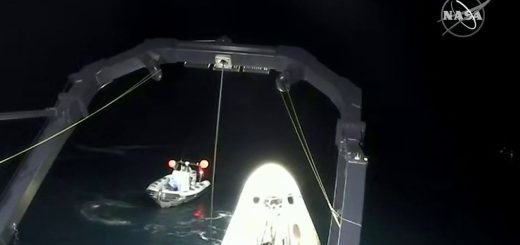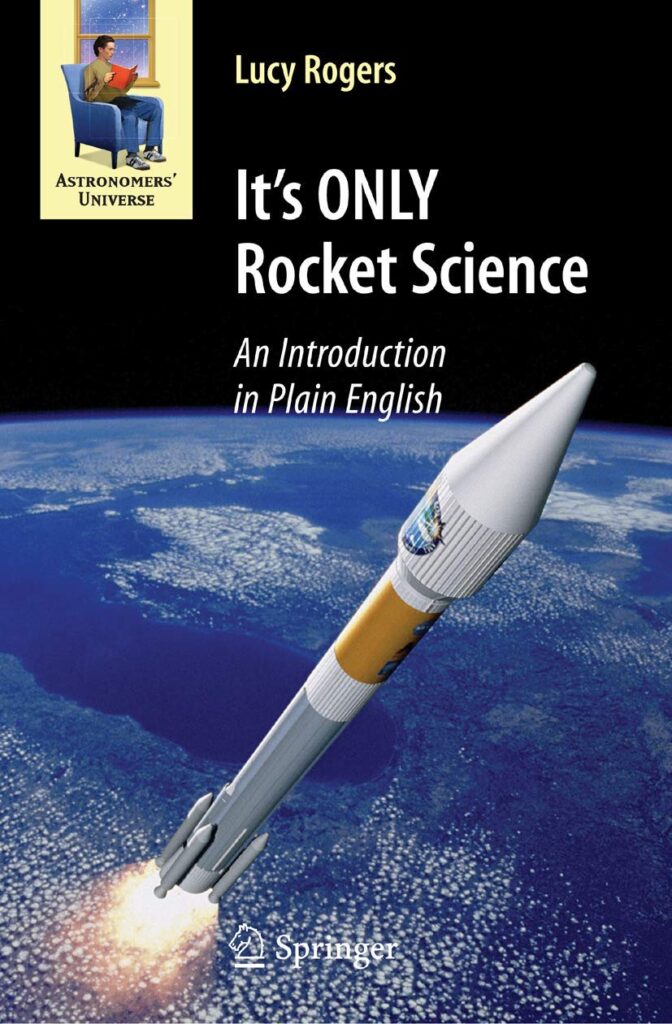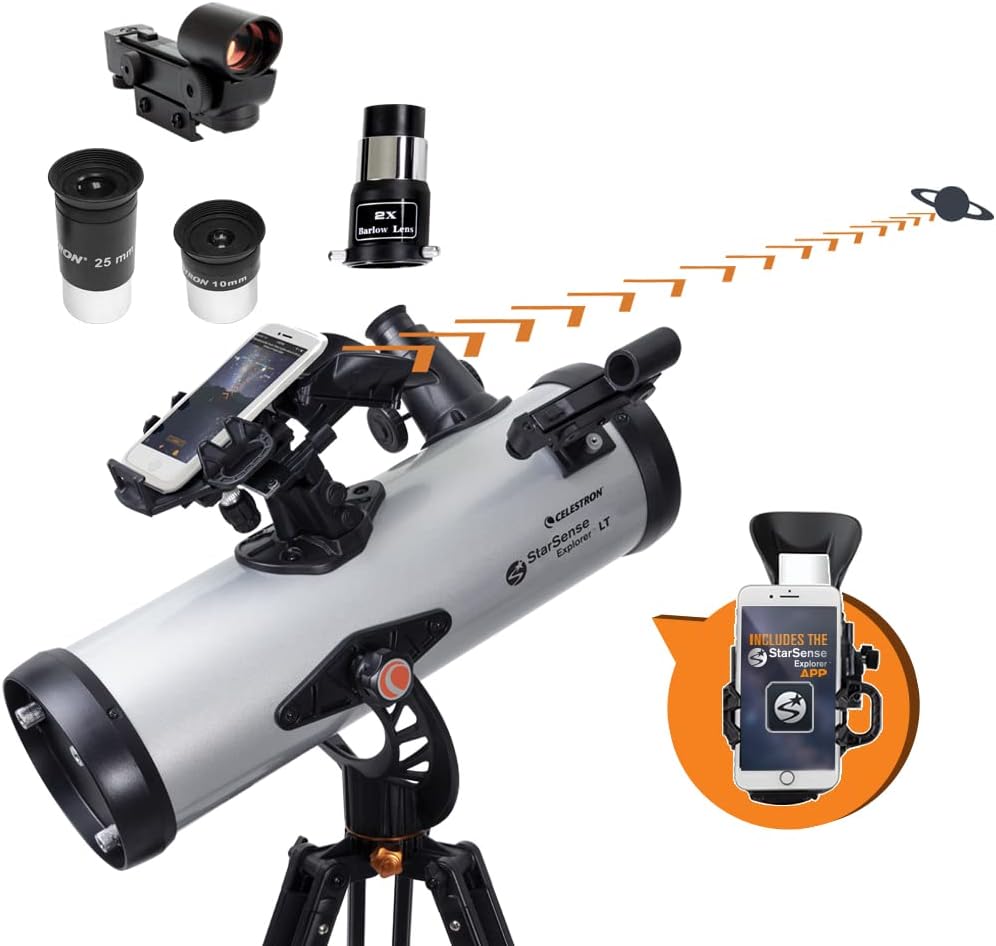China’s Rocket Dropping Habit
This video is supported by Dashlane, the passwordmanager that keeps your personal data in asecure and convenient place. Try Dashlane for free on your first deviceby visiting dashlane. com/primalspace. On the 3rd of January 2019, China became thefirst nation to successfully land a spacecrafton the far side of the Moon. This incredible achievement showed just howimpressive China’s space program has become. With the most amount of annual launches andthe capability of launching humans into orbit,China is now regarded as one of the most powerfulspace programs in the world. But among all of the success, there is a darkside to China’s Space Program. With their extremely relaxed safety standards, rockets are frequently launched over inhabited areas -sometimes crashing into populatedtowns and villages. In this video, we’re going to look at whyChina began launching over inhabited areasin the first place. We’re also going to look at how their quest to develop reusable rockets might fix this issue altogether. In the midst of the cold war, the US and theSoviet Union were constantly demonstratingtheir advancements in nuclear weapons andmissile technology. In 1957, the Soviets launched the first eversatellite into orbit – and China realisedit needed to create its own space programin order to keep up. Over the course of two decades, China builtthree main launch sites – capable of launchingmissiles and satellites into orbit. These launch sites were built thousands ofkilometers inland to make them less exposedto enemy attacks. But this came at a cost, since rockets hadto be launched directly over populated areas. When choosing the best location for a launch site, there are a couple of factors that come into play. As a rocket leaves the launch pad, it pitchesover to gain the incredible amount of horizontalvelocity needed to get into orbit. Because of this, launch sites are typicallylocated on the coast where falling rocketparts can safely fall into the ocean. Another factor that determines the locationof a launch site is the latitude. Launch sites closer to the equator benefitfrom the extra speed of the Earth’s rotation,meaning the rocket requires less energy toget into orbit. But in the midst of the Cold War – and withtensions at an all time high, China went inlandand further north for their launch sites. Throughout the 60’s and 70’s, China quicklybecame one of the major powers in space – creatingheavy lift rockets and successfully launchingand recovering a satellite. But in a rush to catch up to the Americanand Soviet space programs, safety standardsbecame less of a priority. In 1996, China were launching their largestrocket ever built, the Long March 3B. As soon as it left the launch pad, it immediatelybegan veering off course before crashing intoa nearby village 20 seconds later. This disaster killed at least 6 people – howevermany reports outside of China estimate thatthe death toll was in the hundreds. Although this disaster was caused by an unexpectedfault in the rocket, it didn’t stop Chinafrom launching over populated areas. Over the last 10 years, there have been several reports of rocket debris falling onto people’s homes. Many of China’s launches take place fromtheir XiChang launch site. As the Long March 3B launches, the 4 boosters are dropped shortly before the enormous first stage. Although China try to drop these rockets stagesonto unpopulated areas of forrest, there arearound 14 villages directly in the path ofthe launch site. A few days before these launches take place,the government send out evacuation noticesto the local residents – telling them to turnoff their power and find a safe place to hide. To make matters worse, the Long March 3B rocket uses hypergolic fuel which is extremely toxic -so residents are told to stay far away fromthe debris once it has landed. Every nation has its own style of operatingin space, but China’s history with spacehas led many other nations to lose trust inthem. Despite having one of the most advanced spaceprograms in the world, China has never beenallowed to participate in the InternationalSpace Station. Even though China would bring a large amountof money to the table, the US officially bannedthem from the ISS since they feared Chinawould only use the opportunity to steal technology. But when it comes to dealing with human safety,it’s not surprising that China weren’tallowed to take part. But China is finally doing something to breakaway from their rocket dropping habit. A new launch site has been built on the islandof Hainan, which will allow some of China’slargest rockets to launch over sea. China has started to add grid fins to someof their rockets – similar to the ones seenon the Falcon 9. This gives the rocket the ability to steeritself to a precise point as it falls out of the sky. Although this is mostly likely a sign thatChina is trying to develop a reusable rocket,it at least has the benefit of saving innocentpeople from falling rocket stages. Thanks to Dashlane for supporting this episodeof Primal Space. Dashlane is the best way to manage and rememberall of your passwords, personal data and paymentinformation so you don’t have to. When you sign up to Dashlane you choose a master password which will never leave your device. Every time you sign up to a website, Dashlanegenerates a long and complicated passwordwhich is encrypted using your master password. This keeps all of your passwords secure andmeans you only ever need to remember one password. Dashlane also has a secure autofill feature that works for personal information and credit cards,saving you time when shopping online. Dashlane works across all devices and youcan try it for free on your first device byvisiting dashlane. com/primalspace. So make sure you’re subscribed so you can join in the discussion as we continue to learn moreabout all things space. Thank you very much for watching and I’ll see you in the next video.













